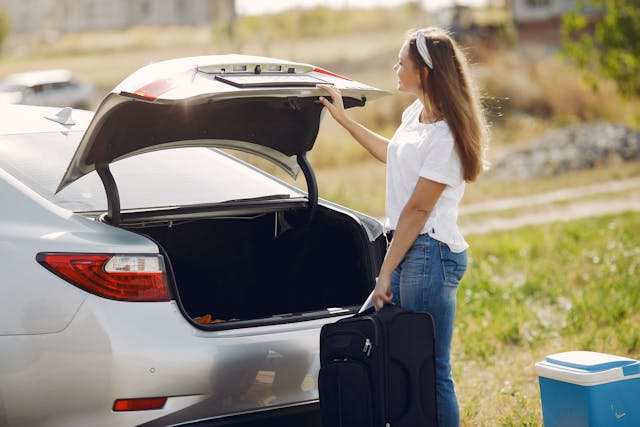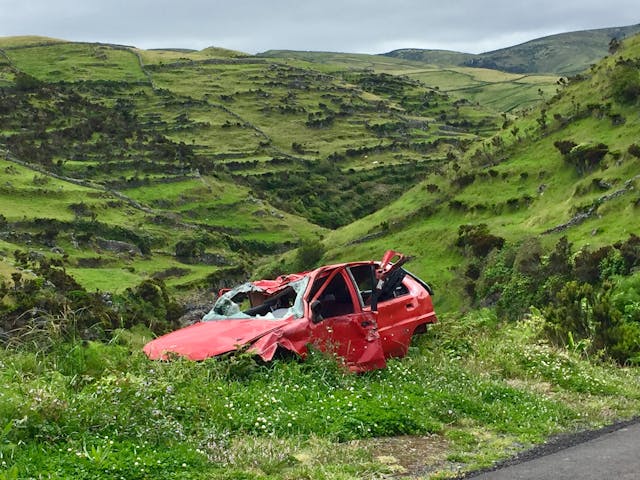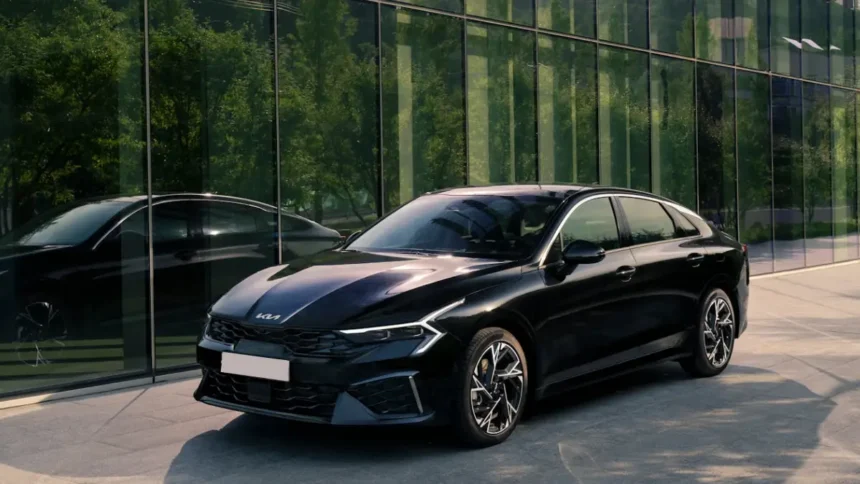If you’ve ever been in a car accident, you know how stressful it can be to get back on your feet. One of the major concerns for most drivers after an accident is transportation. How long will your insurance company cover a rental car after an accident? This question is vital for those who depend on their vehicle for daily activities. This article will explore everything you need to know about the coverage of rental cars by insurance companies after an accident, ensuring you’re well-prepared and informed.
Understanding Rental Car Coverage
Rental car coverage is typically part of the optional coverage known as “rental reimbursement” in most auto insurance policies. Rental reimbursement insurance helps cover the cost of a rental car while your vehicle is being repaired after an accident. However, how long you can keep the rental depends on a variety of factors, including the extent of the damage to your car, your insurance policy, and how quickly repairs are made.
Is Rental Car Coverage Standard?
Not all auto insurance policies automatically include rental reimbursement coverage. It’s essential to check your policy or speak to your insurance agent to ensure that you have this type of coverage. Without rental reimbursement, you may be left paying for the rental car out-of-pocket.
Factors That Affect How Long Insurance Will Pay for a Rental Car
Several factors determine how long your insurance will continue to cover the rental car. Let’s break down some of these key factors:
1. The Type of Insurance Policy You Have
Different policies have varying levels of coverage. Typically, rental reimbursement is an add-on coverage, and the duration of rental car coverage depends on the limit set by your policy. Some policies cover a rental car for a certain number of days, while others may cover up to a specific dollar amount per day.
2. The Severity of the Damage to Your Vehicle
The more severe the damage to your vehicle, the longer the repair process is likely to take. Insurance companies generally cover rental cars for the duration of time that your vehicle is being repaired. In cases where your vehicle is declared a total loss, rental coverage may last until your insurance company offers you a settlement.
3. How Long the Repairs Take
The time frame for repairs can vary depending on the damage’s extent, the availability of parts, and how busy the repair shop is. If repairs take longer than expected, your insurance may continue to cover the rental car, but this often depends on the details of your policy.
4. Who is at Fault in the Accident
If the other driver is at fault, their insurance should cover the cost of the rental car. However, this process may take longer because you will likely need to wait until their insurance accepts liability before getting the rental car costs reimbursed. If you’re at fault, your insurance will cover the cost as long as you have rental reimbursement coverage.

How Long Do Most Insurance Policies Cover Rental Cars?
On average, most insurance policies will cover a rental car for up to 30 days. This time frame is often sufficient for most repairs. However, some policies have limits based on a maximum number of days or a maximum dollar amount per day.
For example, your insurance may pay for up to $30 per day for a rental car for 30 days, giving you a maximum benefit of $900. If you choose a more expensive rental car, you will have to pay the difference out of pocket.
What Happens After 30 Days?
If your car isn’t repaired within 30 days or your policy’s limit, you’ll need to return the rental car or pay for it out of pocket. It’s crucial to communicate with both your repair shop and insurance company to ensure repairs are completed as quickly as possible to avoid extra costs.
Special Considerations for Totaled Vehicles
If your vehicle is deemed a total loss, meaning the repair costs exceed the car’s value, rental car coverage may only last until your claim is settled. Once your insurance company declares your car a total loss, they will offer you a settlement for the value of your vehicle, and the rental coverage will typically end shortly after.
How Quickly Will You Receive a Settlement?
The settlement process for a totaled vehicle can take anywhere from a few days to several weeks, depending on how quickly the insurance company processes your claim. Once a settlement is offered and accepted, rental car coverage usually lasts for a few days afterward to give you time to find a replacement vehicle.
What to Do If Your Rental Coverage Expires Before Your Car is Repaired
In some cases, the repair process may take longer than expected, leaving you without rental car coverage if your insurance’s time or cost limits are exceeded. Here are a few steps you can take to avoid being stranded without transportation:
1. Talk to Your Insurance Company
If repairs are taking longer than anticipated, contact your insurance company and ask for an extension on your rental car coverage. Some insurers may be willing to offer a few extra days, especially if delays are out of your control.
2. Ask the Repair Shop for Updates
Stay in constant communication with your repair shop to understand how long the repairs will take. If you know there are delays, inform your insurance company right away to explore your options.
3. Consider Other Transportation Options
If rental coverage expires and your car isn’t ready, you may want to explore other transportation options, such as public transit or carpooling, to avoid paying out of pocket for a rental car.

Key Takeaways for Rental Car Coverage After an Accident
Understanding how long your insurance will pay for a rental car after an accident can help you manage your transportation needs and avoid unexpected costs. Here are the key takeaways:
- Rental car coverage isn’t standard in all policies, so it’s essential to review your policy and add it if necessary.
- Most insurance companies will cover rental cars for up to 30 days, but some policies may have shorter or longer limits.
- The duration of rental car coverage depends on how long it takes to repair your vehicle and whether your car is declared a total loss.
- If your rental car coverage expires before your car is repaired, you may need to seek alternative transportation or ask your insurer for an extension.
Conclusion
Having the right information about rental car coverage can make a stressful situation easier to manage. By understanding how long your insurance will cover a rental car after an accident, you can avoid surprises and better plan your next steps. Always check your policy details and communicate with both your repair shop and insurance company to ensure you have the transportation you need while your car is being repaired.
Related: How to Cancel Your Primerica Life Insurance
QNAs
Here are five common questions and answers related to how long insurance will pay for a rental car after an accident:
1. How long does insurance typically cover a rental car after an accident?
Most insurance companies will cover a rental car for up to 30 days, depending on your policy. Some policies may have a limit based on the number of days or a specific dollar amount per day.
2. Do I automatically have rental car coverage after an accident?
No, rental car coverage is not standard in all insurance policies. It’s usually an optional add-on called “rental reimbursement” that you need to purchase separately.
3. What happens if my car is totaled? How long will insurance cover my rental?
If your car is declared a total loss, the insurance company typically provides rental car coverage until your claim is settled. Once the settlement is offered and accepted, rental coverage usually ends after a few days to give you time to find a new vehicle.
4. Can I extend my rental car coverage if repairs take longer than expected?
In some cases, you can ask your insurance company for an extension on rental coverage, but this is not guaranteed. If you expect delays, contact your insurance provider early to explore your options.
5. What should I do if my rental car coverage runs out before my car is repaired?
If your rental coverage expires, you may need to cover the rental costs yourself or consider alternative transportation like public transit, carpooling, or asking for an extension from your insurance company.
Related: How to Approach Local Businesses for Sponsorship




